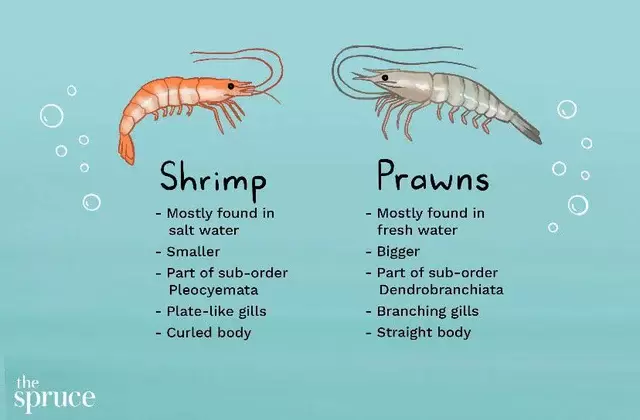
Shrimp versus Prawns
Nutrition Benefits of Shrimp
Selenium is a mineral that is prevalent in seafood, brazil nuts, and organ meats like liver or sweet bread; however, most Americans do not eat a diet high in these foods. One serving of shrimp provides 100% of your daily selenium needs. Selenium is essential for the health of the thyroid gland to reduce disease risk of or manage hypothyroidism. It acts as a main ingredient for thyroid stimulating hormone (TSH) which is produced by the pituitary gland. This hormone tells your thyroid how much thyroid hormones, like T3 and T4, it needs to make to perform your body’s basic functions. Recommendation for selenium is 100 micrograms per day of supplementation if seafood, brazil nuts, or organ meats are a no-go for one’s diet.
Omega-3 fatty acids are often associated with fatty fish like salmon, tuna, sardines, and anchovies. Although this is true as fattier fish have more omega-3 fatty acids, shrimp does contain a good amount per serving. Omega-3 fatty acids help support heart health by reducing triglyceride levels. High triglycerides lead to increased inflammation, insulin resistance, and weight gain.
Tryptophan is an essential amino acid, in other words, an important protein you must get from the diet. Your liver is able to make certain proteins itself, but tryptophan is not one of them. Tryptophan is an important ingredient to help your body make melatonin and serotonin (the happy hormone). Melatonin is needed for sleep regularity, insulin sensitivity, and blood sugar control while serotonin can help reduce stress, inflammation, and improve emotional wellbeing.
Portuguese Shrimp Soup

Ingredients
- 2 tablespoon olive oil
- 1 medium yellow onion, diced
- 1 red bell pepper, diced
- 4 garlic cloves, minced
- 1/2 cup white rice, uncooked
- 1/4 teaspoon red pepper flakes, or more if you like spicy
- 1 teaspoon seasalt
- 1, 28 ounce can crushed tomatoes
- 4 cups vegetable stock
- 1 cup coconut milk
- 1 pound medium shrimp (shelled and cut in 1 inch pieces; please see note if using pre-cooked shrimp)
- 1/4 teaspoon ground black pepper
- Juice of 1 lemon
- 1/2 cup parsley (fresh, chopped, for garnish)
Directions
- In a large soup pot heat the olive oil over low heat. Add onion, bell pepper, garlic and cook stirring occasionally until the onion and pepper are soft. About 5 minutes.
- Add the rice, red pepper flakes, salt, tomatoes and water to the pot and bring a boil. Cook until the rice is almost done, about 10 minutes.
- Stir the coconut milk into the soup. Bring to a simmer and then stir in the shrimp. Simmer, stirring occasionally, until the shrimp is just done, 3 to 5 minutes.
- Stir in the black pepper, lemon juice, and parsley.
Recommend to serve with crusty bread
If using pre-cooked shrimp, make sure it is thawed before putting it into the soup. Because it is pre-cooked, it does not need long to cook. Just re-heat in the soup for no more than 2 minutes or it will become rubbery.






